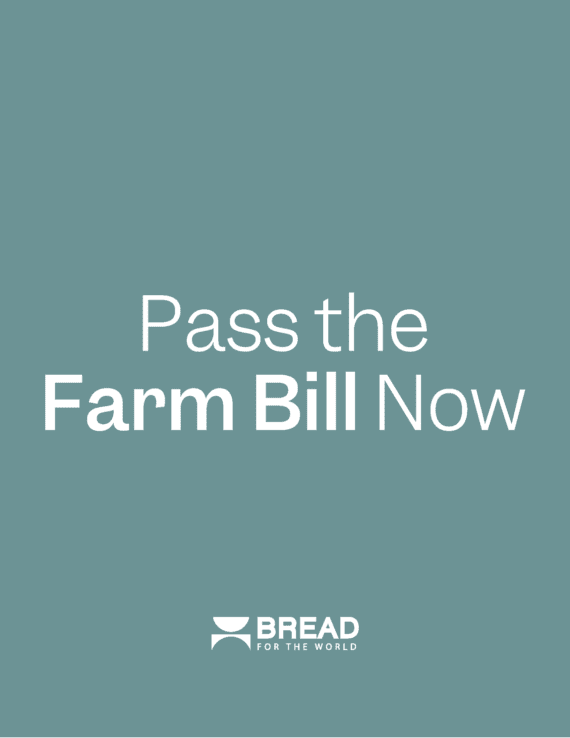Washington, D.C. – Bread for the World today applauded passage of the Bipartisan Infrastructure Framework, which will address the climate crisis, build a more equitable economy, and create countless good-paying jobs.
Bread now urges lawmakers to pass the Build Back Better Act. Bread supports important provisions in the act that will help families struggling with hunger and poverty in the United States. The expanded Child Tax Credit has already reduced hunger among the nation’s children by 25 percent. Extending the expanded child credit has the potential to cut child poverty by half and keep millions of children from going hungry. Other provisions Bread supports include the strengthening of child nutrition programs; expanded access to affordable, high-quality child care; paid family and medical leave; vital maternal health programs; and policies that address the climate crisis.
“Proverbs 3:27 says, ‘Do not withhold good from those to whom it is due, when it is in your power to act,’” said Rev. Eugene Cho, president and CEO of Bread for the World. “The positive effects of these programs would be immediate and impactful – especially for the children who need them most, enabling them to lead healthy and productive lives.”



